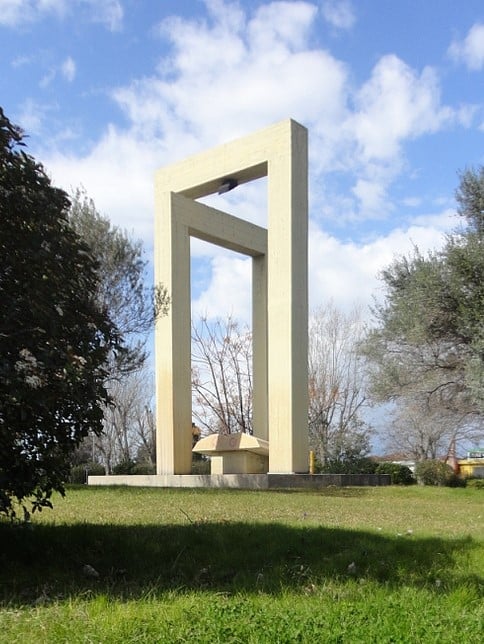Το Δι-Ιδρυματικό Μεταπτυχιακό Πρόγραμμα Σπουδών (ΔΠΜΣ Τμήματος Χημείας και Ινστιτούτου Βιοεπιστημών & Εφαρμογών ΕΚΕΦΕ “Δημόκριτος”), Εφαρμοσμένη Βιοχημεία: Κλινική Χημεία, Βιοτεχνολογία & Αξιολόγηση Φαρμακευτικών Προϊόντων, στο πλαίσιο του “Κύκλου σεμιναρίων προσκεκλημένων ομιλητών” που διοργανώνει την Πέμπτη 20 Ιανουαρίου 2022 και ώρα 13:00, σας προσκαλεί στη διαδικτυακή διάλεξη της
Dr. Maria dM. Vivanco
CIC bioGUNE, Spain
on the subject:
Breast cancer heterogeneity and resistance to therapy
σε σύνδεση μέσω zoom:
https://upatras-gr.zoom.us/j/5583501511?pwd=M2cyNjdWMFdQeEFjSVpsb1NZWDgzQT09
Short cv: María dM. Vivanco graduated from the University of the Basque Country, worked at Sandoz (Basel) and carried out her PhD thesis at EMBL (Heidelberg). After her post-doctoral studies at UCSF (San Francisco), María started her own lab at the Institute of Cancer Research in London, where she identified mammary stem/progenitor cells in the human breast. At CIC bioGUNE, her team is characterising normal and cancer stem cells and examining their role in resistance to endocrine therapy. She is on the committee of the European Network for Breast Development and Cancer and has worked with breast cancer charities, including Breakthrough (UK) and Acambi (Spain).
Short talk description: Breast cancer is the most frequently diagnosed cancer and the leading cause of death from cancer in women worldwide. Breast cancer is a heterogeneous disease. Cancer cells cannot function in isolation: tumours are populated by epithelial cells, stromal cells and immune cells, as well as small populations of normal stem cells and cancer stem cells (CSCs). In particular, the presence of CSCs proves a challenge to therapy and their identification and characterisation in breast cancer has opened new possibilities for anti-cancer therapies. CSCs are implicated in tumour initiation and resistance to current treatments, including endocrine therapy. We have previously shown that increase of CSC content during development of resistance to tamoxifen in breast cancer is driven by multiple signals, including Sox2-dependent activation of Wnt signalling. These findings highlight the relevance of Sox family transcription factors as potential therapeutic targets in breast cancer.
_______________________
Nikos Karamanos, PhD, ERT
Professor of Biochemistry
E-mail: n.k.karamanos@upatras.gr

